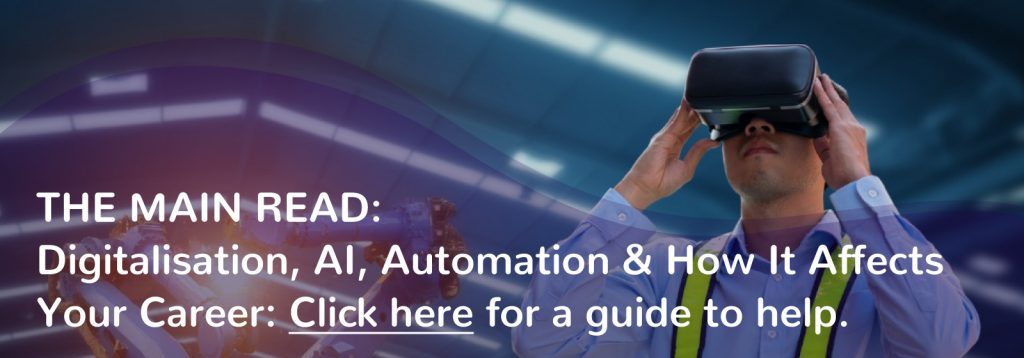New jobs in the workforce
Technology is transforming work patterns and functions, and new jobs constantly emerge due to the digitalisation of businesses operating models. Five years ago, remote work was a luxury and often earned based on trust and performance.
Today, with the confidence that the work-from-home (WFH) setup is here to stay, organisations are looking to hire WFH facilitators to engage, motivate and care for employees. We also continue to see a rise in demand for virtual babysitting, as parents working from home found it difficult to care for children and focus on work simultaneously.
Due to digital transformation, new jobs such as technologists, digital marketing and social media managers, data analysts, process improvement managers and transformation managers have started to be more integral for recruitment teams.
We may also start to see new HR roles such as human-bias facilitators and human/candidate experience strategists.
Through innovation, new skills and new job responsibilities surface, resulting in new jobs that are complex but also more rewarding at the same time. The big challenge now is to prepare and equip the workforce for these new jobs and skills.
Skills gaps/mismatch — the need to upskill or reskill
Developing critical skills and competencies is the number one objective in 2021 for HR, according to Gartner’s Top 5 Priorities for HR Leaders report.
The report showed that 33% of skills required in an average job advertisement in 2017 will not be needed this year and that skills necessary for a particular job are increasing by 10% year on year.
This is now a pressing business priority of leaders across all industries, as addressed in Mercer‘s Global Talent Trends report. It cites, “Without accelerating our progress on the skills agenda, we won’t have the talent to take advantage of the new jobs we’re creating. So this is both a business and an HR challenge.”
Several organisations are already on track with their upskilling and reskilling programmes, and are expecting a return on their investments within a year. In the Asia Pacific region, several organisations are investing significantly to enable their employees to learn new skills.
LinkedIn’s The Future of Talent report surveyed over 3,500 respondents across seven markets in the APAC region and found that 86% of organisations have placed programmes to develop their talent, while 66% are providing their employees reskilling and upskilling opportunities.
However, the World Economic Forum’s 2020 report also found that more than half of employees are not engaging with upskilling and reskilling opportunities.
Failure to resolve this skills gap may result in severe risks for employees and organisations, as those who cannot reskill or upskill will be left behind despite the rapid growth of new jobs.
If this continues, there would not be enough qualified talent in the pipeline to meet evolving hiring demands. This can result in the global unemployment rate increasing exponentially in the coming years.
WATCH: Looking to pickup new digital skills? Here’s how to make the learning curve easier!
This is a multi-stakeholder priority
Preparing the workforce for the future of work is not an agenda that rests on the shoulders of HR, business leaders and employers alone. PwC’s Upskilling for Shared Prosperity report urges public-private sector partnerships involving governments, corporations and education providers to collaborate on inclusive workforce upskilling to close the skills gap across all countries.
We see that HR today is evolving as well, to be more of a strategic leader, trusted advisor and business partner in positioning today’s workforce across all demographics, for success in tomorrow’s work.
HR would also need support from recruiters and hiring managers to address the challenge of skills gap/mismatch during the recruitment stage.
Recruiters and hiring managers can provide insights and educate jobseekers about evolving skills and jobs. Jobseekers can then use the information to realign their career journey and focus on the right path.
It is essential that both employees and jobseekers know this and what it means for the future of work and the workforce.
In the words of Steve Brown, managing director for ChapmanCG, a Will company: “Organisations will need to continue identifying skills gaps among their employees and help them build the skills and competencies needed to thrive.
:This will enable organisations to perform better, survive through difficult times and adapt to changing scenarios more easily.”
This article is contributed by Will International.















